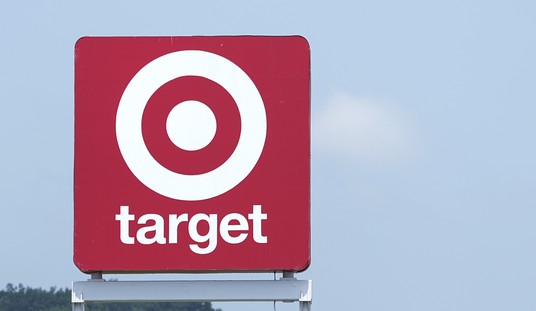The effort by the FCC to reclassify the Internet as a “public utility” has no legal or technological basis, writes CNBC technology editor Dennis Kneale today, and should be stopped before Julius Genachowski kills the golden goose. Top-down control of the Internet in the same manner as broadcast communication and the “rotary-dial telephone” will either kill the Internet or “tame” it into stagnation and decline:
For almost two decades the U.S. government has kept its meddlesome mudhooks off the Internet, freeing it to spread its kudzu-like tendrils into the global economy. And it worked.
The FCC took a big step this week to end all of that. For the first time, the Federal Communications Commission proposes using a set of 75-year-old phone regulations to oversee the Net of the 21st century and have a say in the prices that companies like AT&T and Comcast can charge. And set rules for what traffic they must carry. (Comcast is acquiring a 51 percent stake in NBC Universal’ CNBC’s parent company. The deal is awaiting regulatory approval.)
Some telecom execs say the FCC’s agenda is downright radical. It could thwart high hopes for the wireless Internet, centerstage of the next digital revolution. The agency assault could restack the pecking order of winners and losers and reshape their stock prices, affecting the portfolios of millions of retirees and investors. It would impose new burdens on big carriers, while granting new power to content purveyors like Google and Yahoo.
At stake is billions of dollars that carriers like Verizon and AT&T spend each year to spruce up their networks to carry more digital bits. They will slash their spending if the feds restrain their upside; that could hurts jobs growth in high-tech, which employs well over two million people in the U.S.
Kneale has a historical basis for this claim. When the FCC first started licking its regulatory chops over the Internet, AT&T responded by cutting back capital spending for several years. It took a court ruling that placed the Internet out of their reach to get Ma Bell back into the game, which helped lead to an explosion of investment, innovation, and growth. The lineup of providers shows the kind of competition already in the marketplace in the Internet, which makes the “public utility” argument rather silly.
Kneale also points out the lack of historical basis for the FCC’s claim of jurisdiction:
The shareholders of AT&T and Verizon and Comcast and TimeWarner Cable paid to build those fat pipes—not government. And the carriers made that investment without monopoly protection, unlike the phone networks erected over a century ago.
Exactly. This is an issue that deserves a far higher public profile than it is currently receiving. It involves property rights of innovators in competitive markets, speech rights for those who operate on the Internet, and the regulatory overreach of government in the one section of the American economy that has shown steady growth and innovation during boom and bust times. Instead of nurturing that growth, the Obama administration wants to kill it — and we should all be asking why.








Join the conversation as a VIP Member